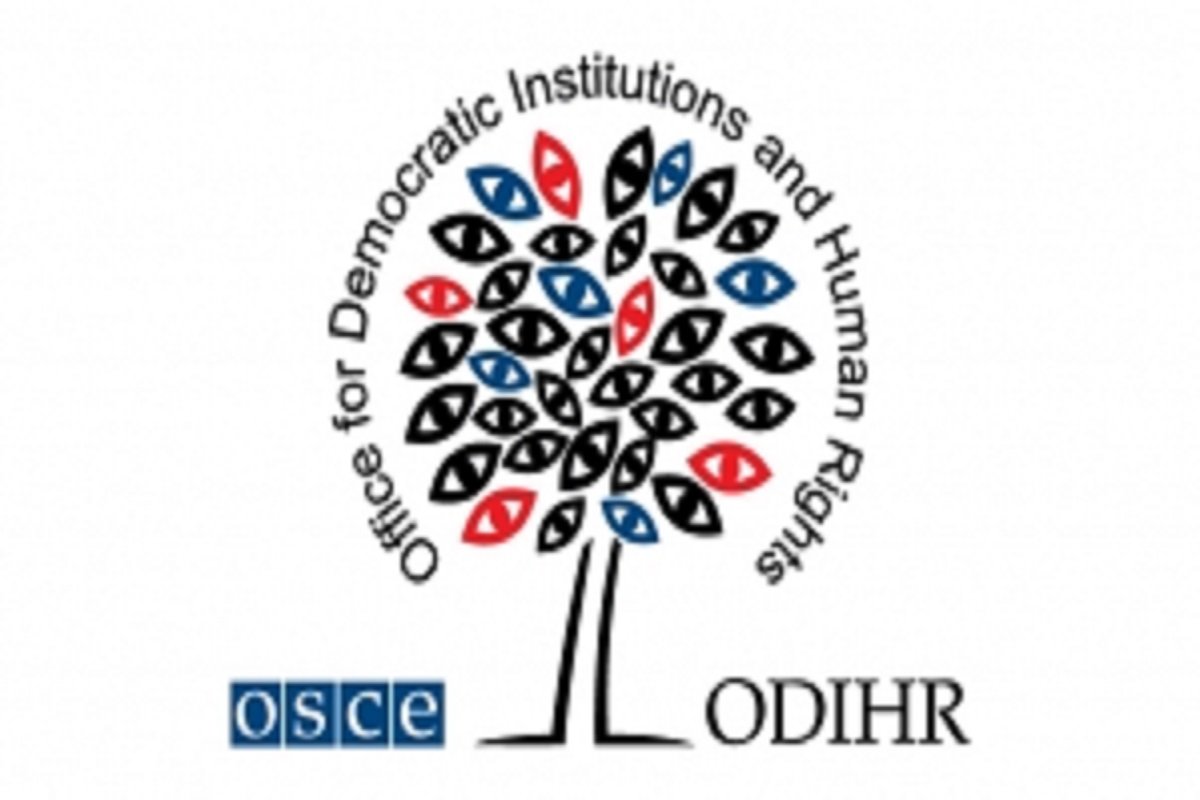Limited Referendum Observation Mission of OSCE Office for Democratic Institutions and Human Rights (OSCE/ODIHR LROM) has stated in its recent report that supporters of the ‘No’ campaign in Turkey faced campaign bans, police interventions, and violent scuffles at their events.
According to interim report released by OSCE/ODIHR LROM over Turkey’s constitutional referendum on April 16, 2017, so far, “the campaign is characterized by polarization and some restrictions.” The report underlined “The fact that a number of political leaders and activists remain behind bars has seriously curtailed some groups’ ability to campaign. As of now, in several cases, ‘No’ supporters have faced police interventions while campaigning; a number were also arrested on charges of insulting the president or organizing unlawful public events.”
Emphasizing on the fact that the constitutional referendum is taking place under a declared state of emergency, OSCE/ODIHR LROM stated that fundamental freedoms have been curtailed and thousands of citizens have been detained or dismissed, including civil servants, judges, journalists and opposition party members following the failed coup attempt in July 2016.
Reminding that the pro-Kurdish HDP’s campaign song, in the Kurdish language, was banned by authorities on the grounds it violated principles of integrity of state and Turkish as official language, OSCE/ODIHR LROM report has also highlighted that several senior politicians and civil servants, including the president, the prime minister and Antalya deputy public prosecutor equated the ‘No’ campaign or its voters with terrorist organizations or the attempted coup plotters.
The persecution of journalists, oppression over media and violations of freedom of the press in Turkey have also given a space in the interim report of OSCE/ODIHR LROM. According to the report, “the Constitution provides for the right to freedom of expression but permits undue restrictions in the Anti-Terrorism Law, Criminal Code, Press Law and other legislation. Furthermore, the Criminal Code contains broad defamation provisions, including with regard to the Turkish Nation and State, and provides special protection for public figures, including the president. The vague provisions can be used as grounds for the prosecution and imprisonment of journalists. Freedom of expression has been further curtailed by the closure of numerous media outlets and the arrest of journalists following the failed coup attempt as well as the legal framework for the state of emergency.”
The OSCE Representative on Freedom of the Media (RoFM) recently called on the authorities “to respect their obligations on freedom of the media,” and the Commissioner for Human Rights of the Council of Europe asked the government “to reverse the numerous infringements of freedom of expression.”
The report has also reminded the fact that since the July 2016 events, a total of 158 media outlets have been closed, including 60 television and radio stations, 19 newspapers, 29 publishing houses and five press agencies, which the Venice Commission described a “mass liquidation of media outlets.” More than 150 journalists have been arrested during the state of emergency, and the majority said to still be detained. Further, according to the OSCE RoFM, “10,000 members of the media lost their jobs and thousands are currently awaiting trial for their critical tweets or other social media posts.”
Moreover, drawing attentions to the role of the judiciary in the referendum OSCE/ODIHR LROM report stated that “The referendum is administered by four levels of electoral bodies: the Supreme Board of Elections (SBE), 81 Provincial Election Boards (PEBs), 1,080 District Election Boards (DEBs), and 174,512 Ballot Box Committees (BBCs)… Since the last parliamentary election, eight SBE members were replaced, all chosen by newly appointed judges: five due to the expiry of their terms, and three are in custody. A series of emergency decrees led to vast replacements at all levels of the referendum administration: 9 PEB chairpersons were dismissed, and two placed in custody, 143 DEB chairpersons were dismissed, and 67 placed in custody. Over 500 electoral board staff were also placed in custody.”
OSCE/ODIHR LROM has also stressed in its interim report that, for the first time, the SBE took a decision that provided guidance for DEBs on applying the ‘good reputation’ requirement provided in the law for the selection of BBC members. In some of provinces in the southeast at least 140 chairpersons nominated by the HDP were dismissed due to alleged ‘bad reputation.’
April 8, 2017















